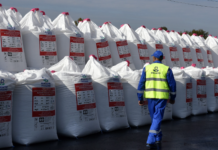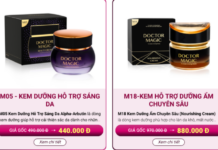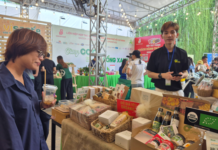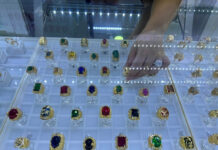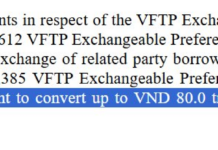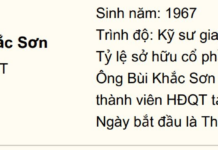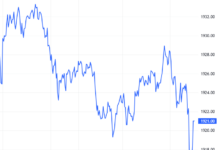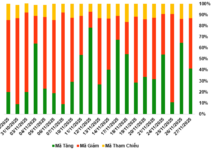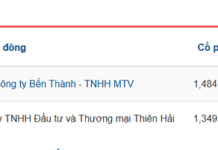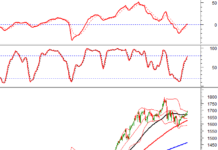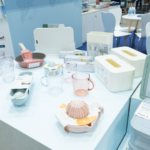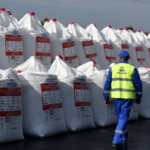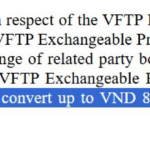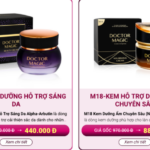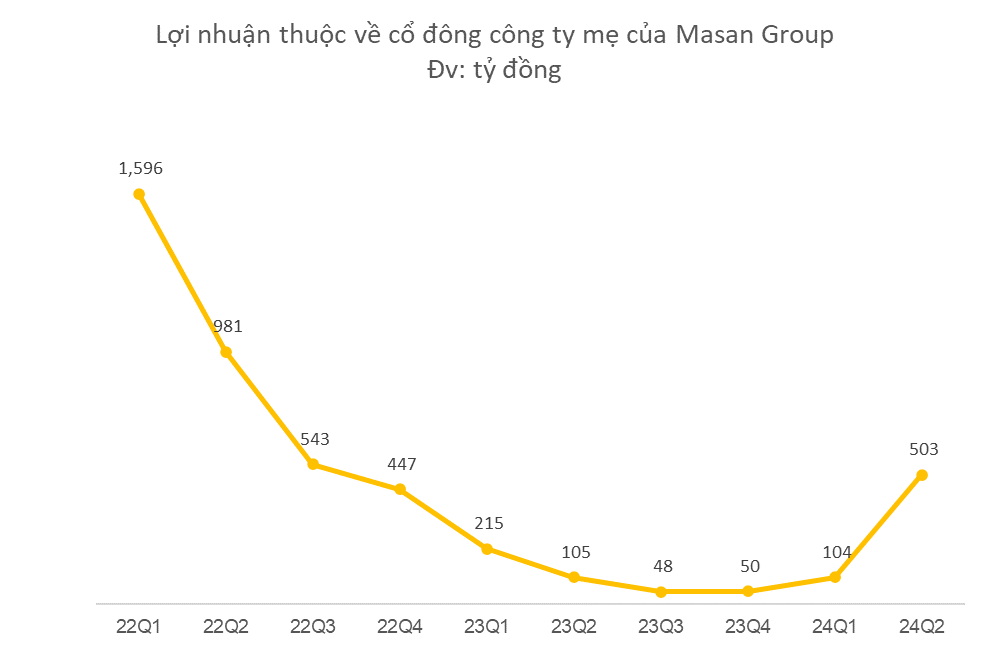
For years, Vietnam’s household goods market has been dominated by foreign brands like Lock&Lock (South Korea), Tupperware (USA), and Zojirushi (Japan). Vietnamese consumers trusted these brands not only for their reputation but also for their reliability, durability, and the sense of “standardization” in every detail.
However, in 2019, Inochi—a premium household brand under Tan Phu Vietnam Joint Stock Company (TPP)—was launched with the ambition to prove that “Vietnamese people can create internationally standard products right here in Vietnam.”
Founded in 1977, Tan Phu Vietnam is one of the oldest technical plastic enterprises, specializing in industrial packaging and OEM production for many international brands. After over 40 years of “working behind the scenes” for others’ success, Tan Phu Vietnam decided to step into the spotlight, building its own brand, Inochi, inspired by Japanese principles: simplicity, minimalism, and sustainability.
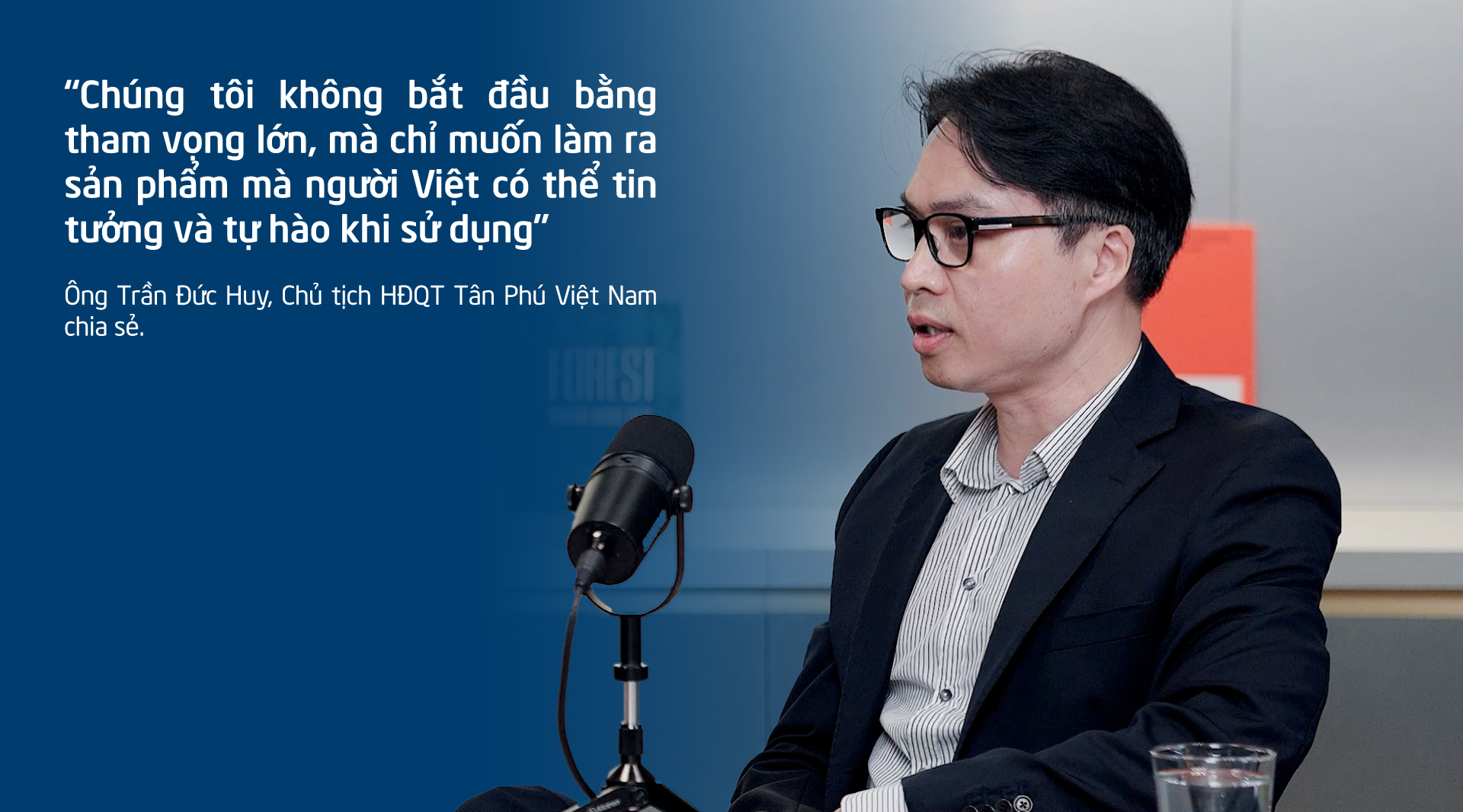
“We didn’t start with grand ambitions, but with the desire to create products that Vietnamese people can trust and take pride in using,” shared Mr. Tran Duc Huy, Chairman of Tan Phu Vietnam.
Inochi embraces Japanese philosophy as its guiding principle, emphasizing simplicity, refinement, and sustainability in every detail. Instead of “Vietnamizing” Japanese style, Inochi aims to “standardize” according to Japanese criteria, from design to quality control processes.
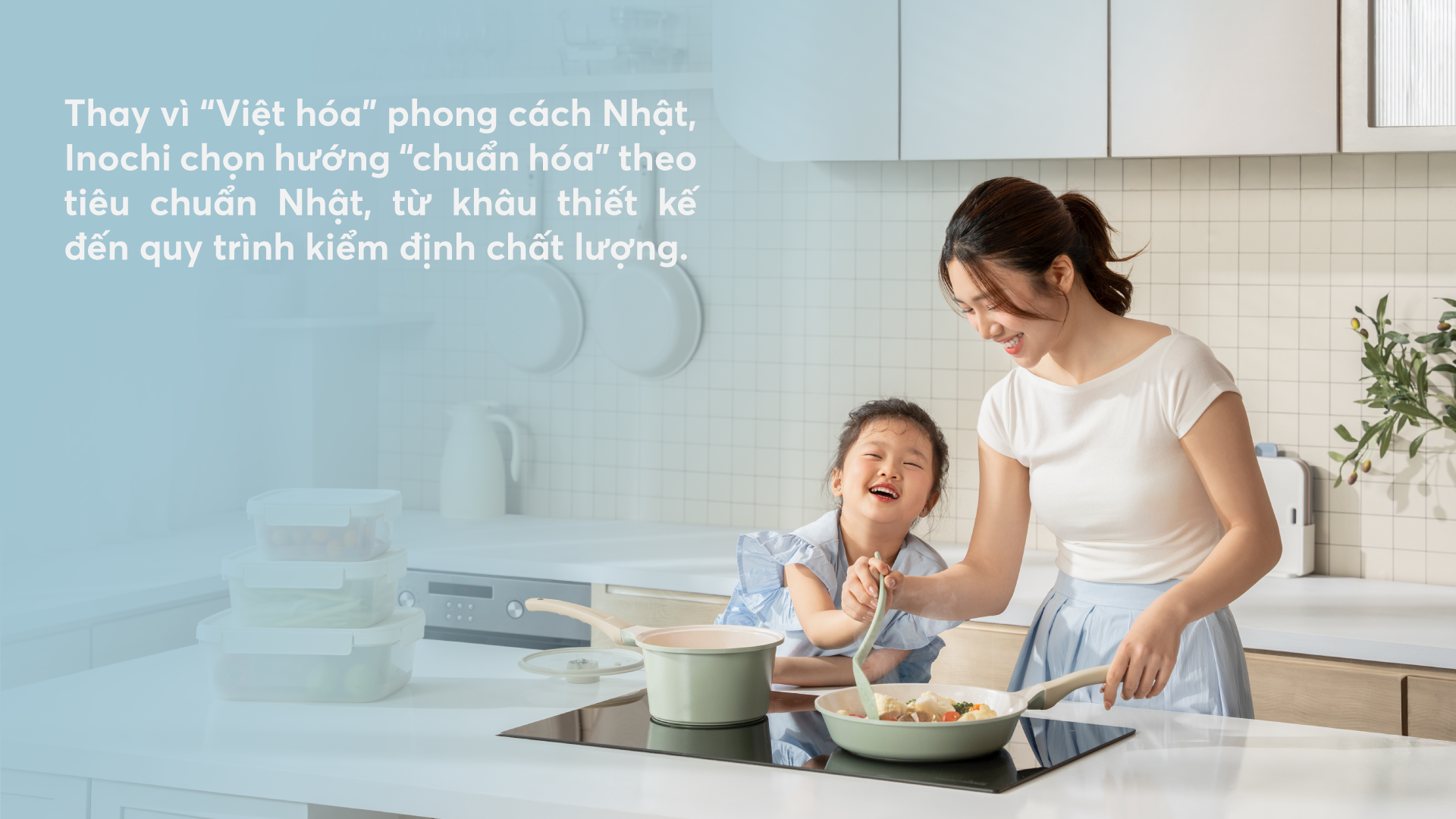
Currently, 100% of Inochi products are designed by TPP’s R&D team, with 90% manufactured domestically and only 10% outsourced internationally for specialized product lines. Tan Phu Vietnam holds ISO 9001 and ISO 14001 certifications, mastering the entire production chain from mold design to packaging.
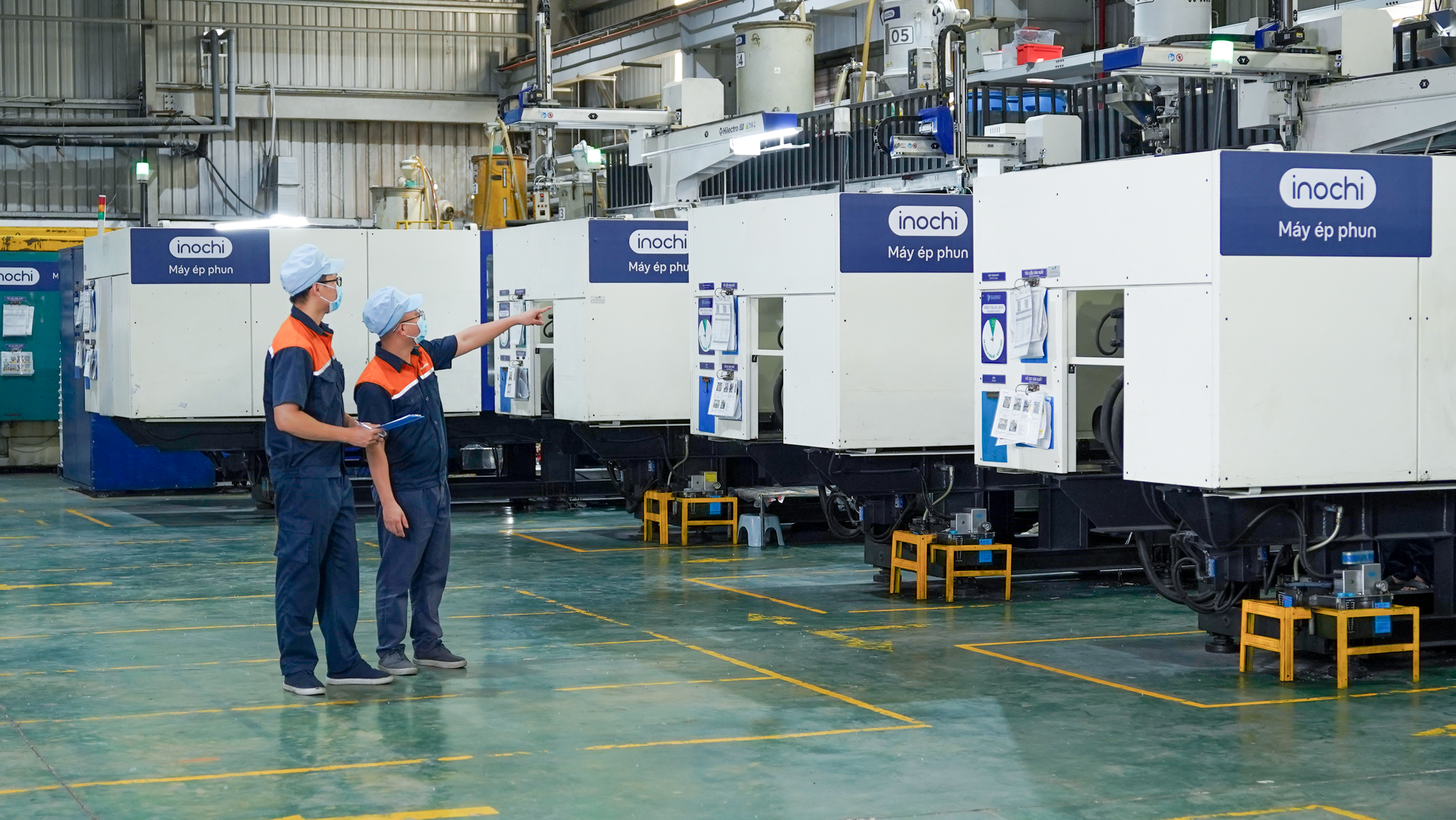
Inochi’s manufacturing plant in Bac Ninh Province. Photo: Tan Phu
Products like the Biwa bottle, Hokkaido box, Tokyo rack, and Hara hanger have become household staples for millions of Vietnamese families. After seven years, Inochi is present in over 3,000 retail points nationwide, from Aeon, Lotte, Emart, GO! to e-commerce platforms like Shopee, Lazada, and Tiki.
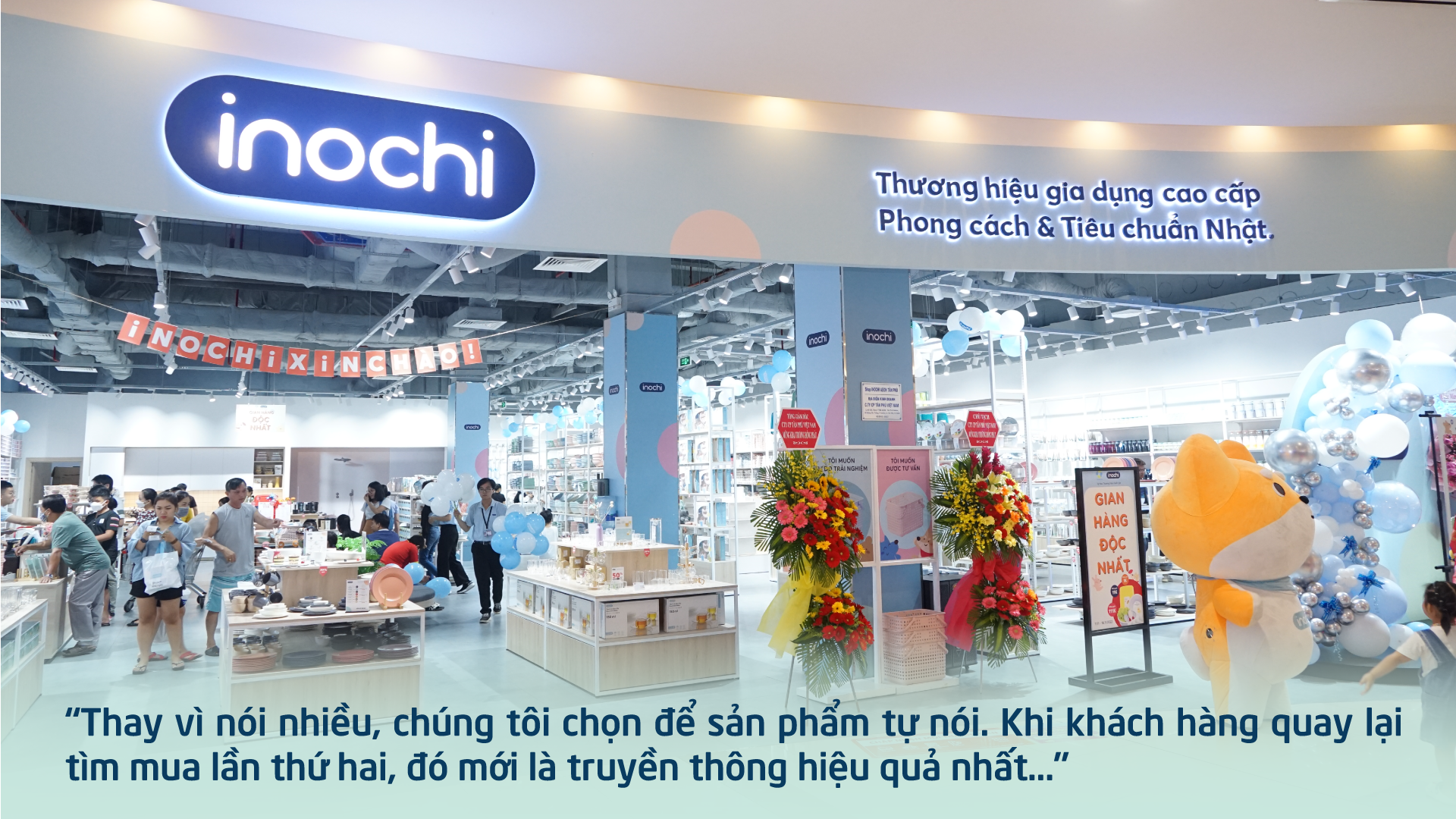
“Instead of talking much, we let our products speak for themselves. When customers return for a second purchase, that’s the most effective form of communication,” added Mr. Huy.
Avoiding aggressive growth, Tan Phu Vietnam focuses on automation and Lean Manufacturing, reducing production costs by over 5%, cutting management and sales expenses by more than 10%, and increasing gross profit margin to 13.1%—the highest in seven years.
By Q3 2025, TPP reported revenue of VND 2,350 billion, up 3.9%, while after-tax profit surged 225% to VND 70.9 billion. These results highlight the brand’s operational efficiency and steadfastness.

Among foreign household brands driving modern consumption trends in Vietnam, Inochi stands as a natural continuation of this wave, but with Vietnamese hands and intellect.
When asked if Inochi views other household brands as competitors, Mr. Tran Duc Huy simply smiled: “No one wins or loses forever. What matters is what we learn from those who came before us and how we create something better for Vietnamese consumers.”
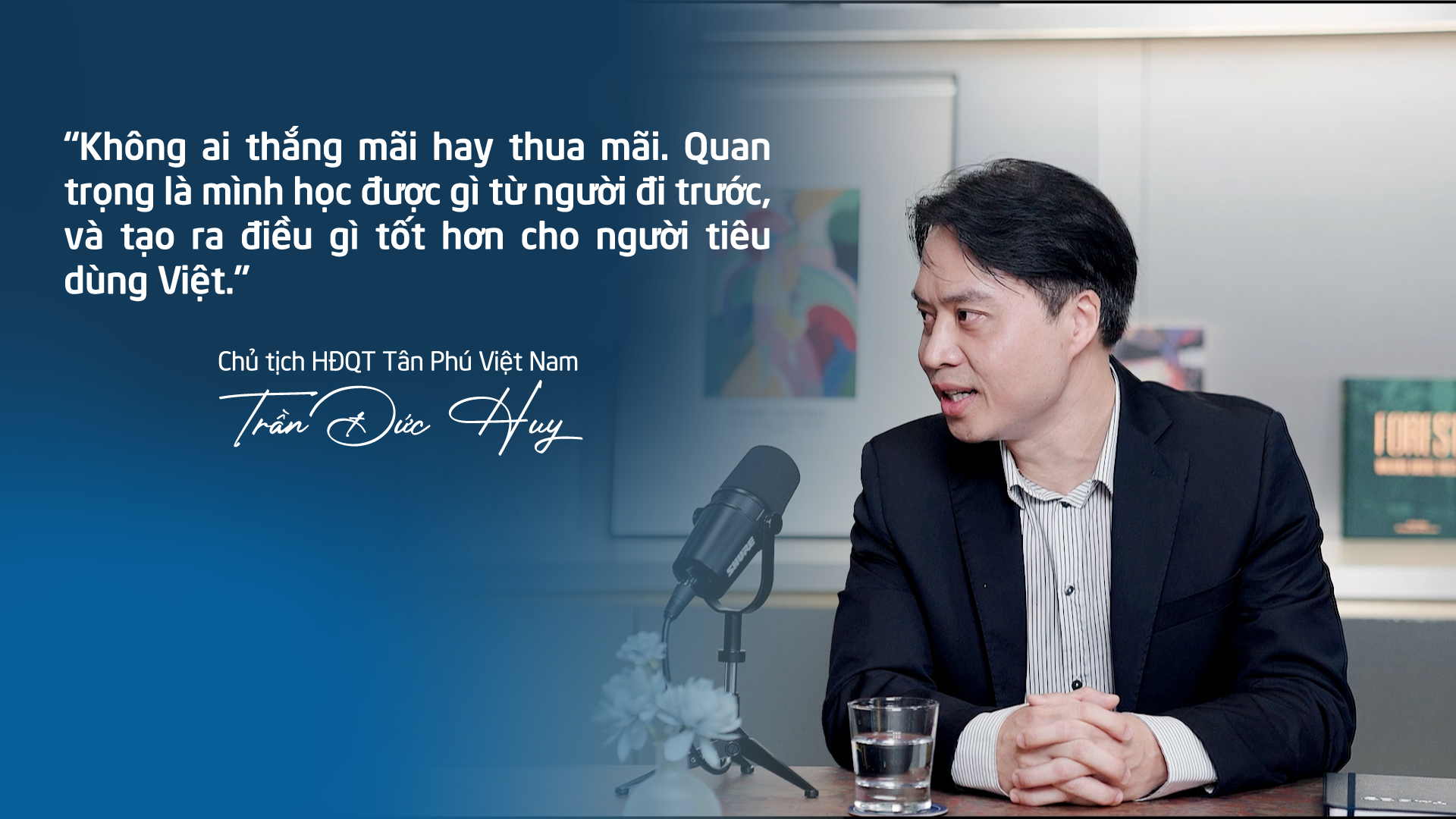
In reality, Inochi has never chosen to “compete head-on,” instead viewing international brands in Vietnam as benchmarks of professionalism. Inochi is steadily mastering technology, design, and market control to prove that Vietnamese products can meet global standards.
This is a journey of localizing global thinking, turning world standards into Vietnamese capabilities. And it’s this journey that makes Inochi a maturing Vietnamese brand, driven by resilience and continuous learning.
“We’ve never thought of ourselves as an international version of Vietnam. But if consumers see us that way, it’s our greatest honor,” said Mr. Huy.
After establishing its domestic position, Inochi began exporting. The brand is now present in multiple ASEAN countries and expanding distribution channels in Australia, Europe, and the US—markets with stringent quality and environmental standards.
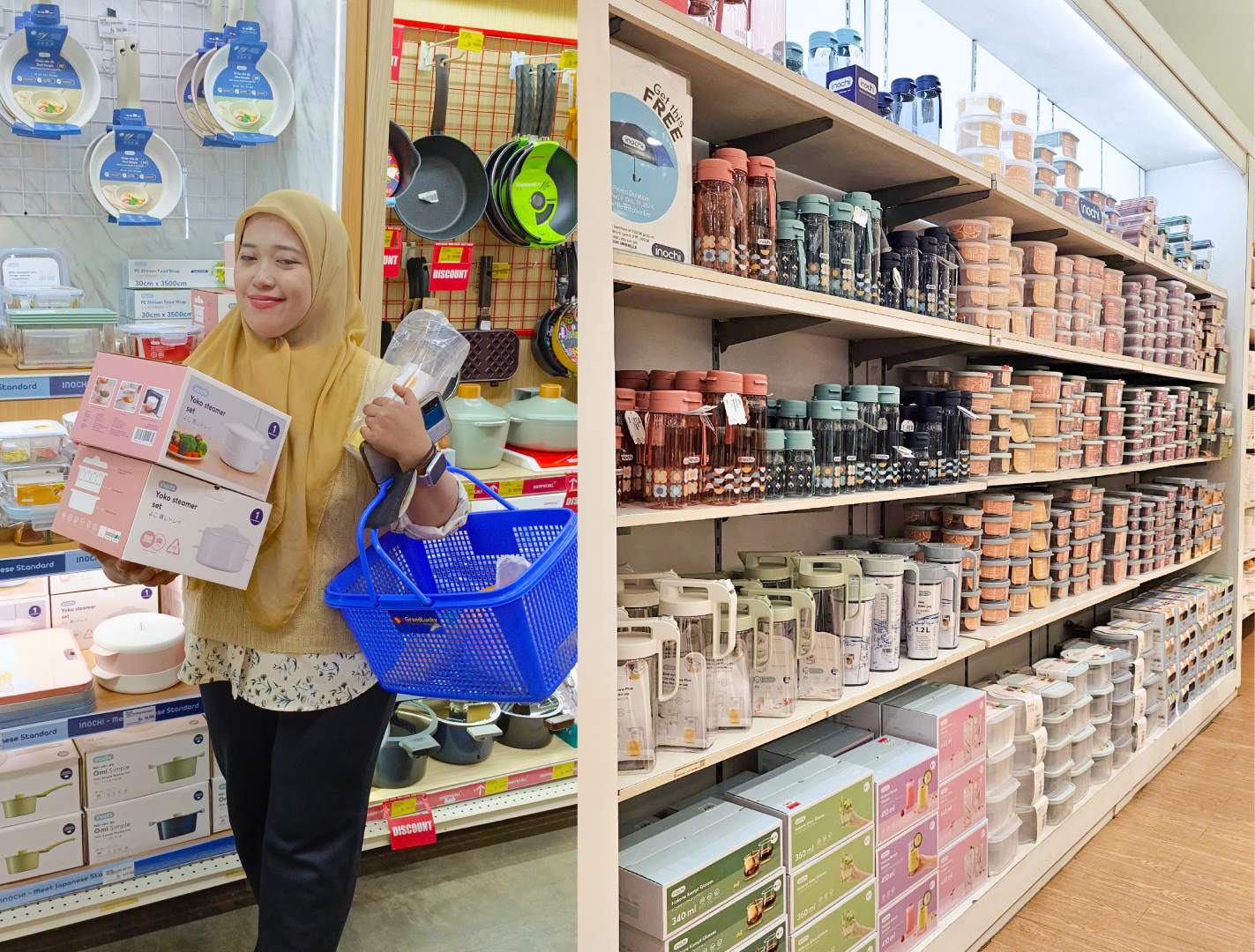
An Inochi booth in Myanmar. Photo: Tan Phu
From 2022 to 2023, export revenue increased sixfold, now accounting for 10% of total revenue. Tan Phu Vietnam aims to raise this share to 50% by 2029.
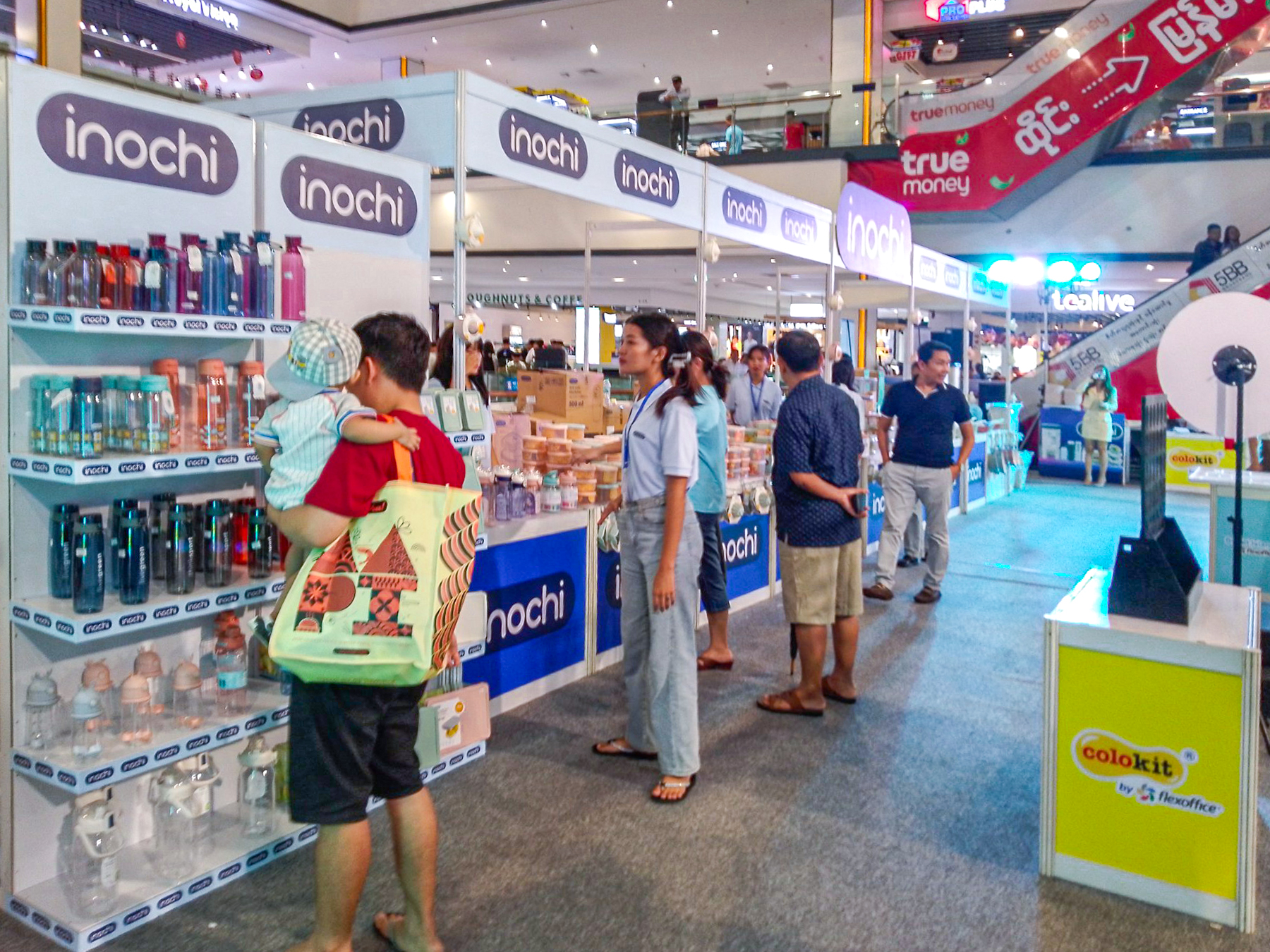
Inochi products exported to multiple markets. Photo: Tan Phu
Simultaneously, the company is investing heavily in recycled materials, circular economy models, and ESG standards, gradually replacing virgin plastics with traceable recycled materials. “When bringing products to the world, we understand that international standards aren’t just about quality but also environmental and social responsibility. We want to prove that ‘Made in Vietnam’ isn’t just a label but a commitment to quality, intellect, and Vietnamese pride,” shared Mr. Huy.
If ten years ago, Vietnamese consumers chose foreign brands because they trusted imported goods, today they choose Inochi because they trust Vietnamese quality. After seven years of development, Inochi has not only built a beloved brand but also become a symbol of innovation and perseverance in Vietnamese business. Inochi’s path isn’t a race but a journey of learning, standardization, and resilience to stand confidently alongside global brands.
Tân Phú Plastics Seeks $8.7 Million Capital Raise from Shareholders to Ease Debt Burden
Tan Phu Vietnam Joint Stock Company (HNX: TPP) plans to issue 20 million shares to existing shareholders at a price of VND 10,000 per share, aiming to raise VND 200 billion to repay bank loans. The final registration date for shareholders to exercise their purchase rights is October 17th.
A Fine Line Between Laughter and Tears: The Ambiguity of ‘Made in Vietnam’
Many organizations and individuals have found themselves in a peculiar situation, struggling to accurately label the country of origin on product labels for goods circulating within the domestic market due to a lack of legal basis. This has led to a conundrum that is both amusing and frustrating.
The Vietnamese Business that Said ‘No’ to Lamborghini.
“The renowned Italian automobile manufacturer, Lamborghini, made a surprising proposal to a Vietnamese enterprise. They offered a collaboration to export tiles under the prestigious brand name, ‘Lamborghini Handmade Tile’. However, in an unexpected turn of events, the Vietnamese company declined the opportunity. This decision left many wondering about the potential impact on the industry and the reasons behind such a bold move.”

